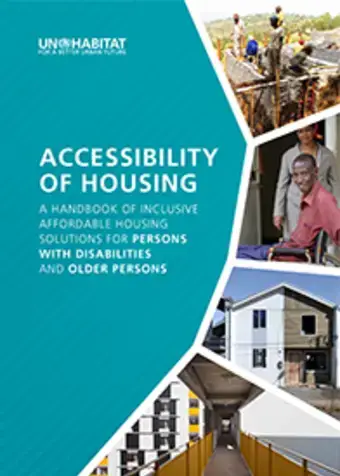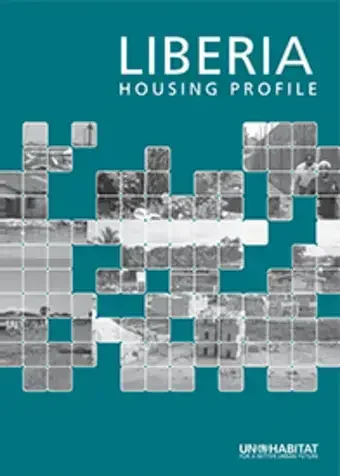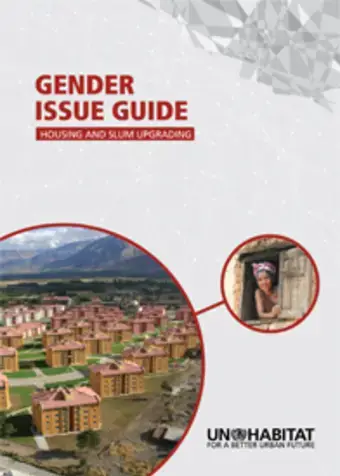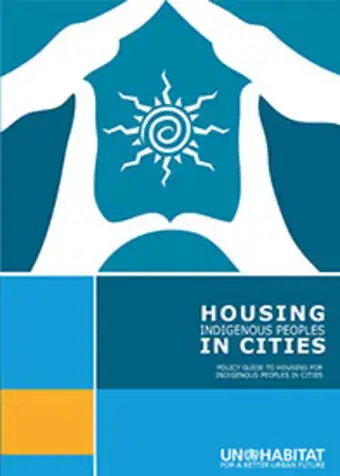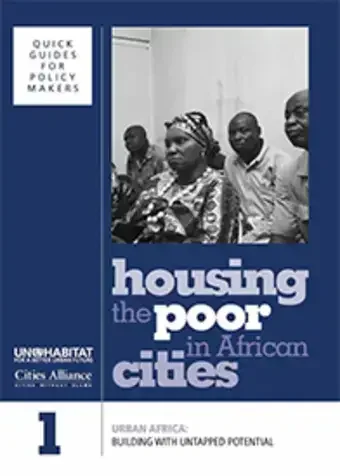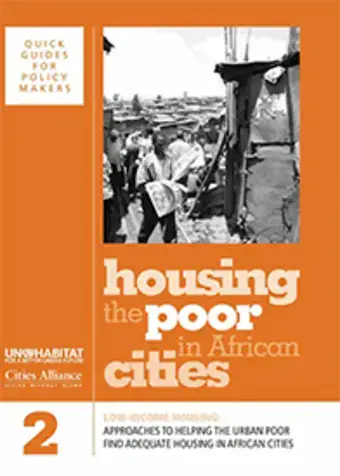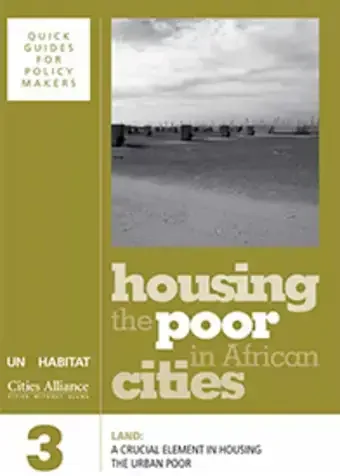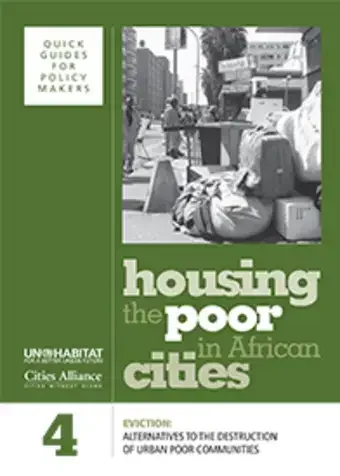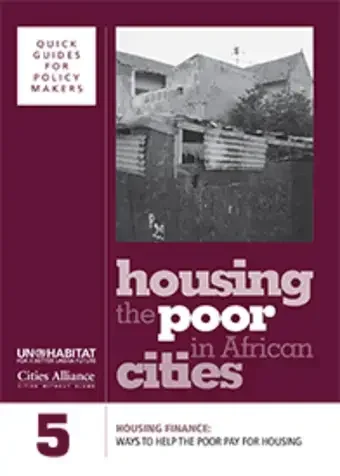Nairobi, 28 October 2014 – UN Under-Secretary-General and Executive Director of UN-Habitat has said that affordable housing should be put back at the centre of cities, both in terms of planning and policy, and geographical location.
He made the comments at the launch of the report, “A blueprint for addressing the global affordable housing challenge” by the McKinsey Global Institute, the research arm of international private consulting firm, McKinsey.
